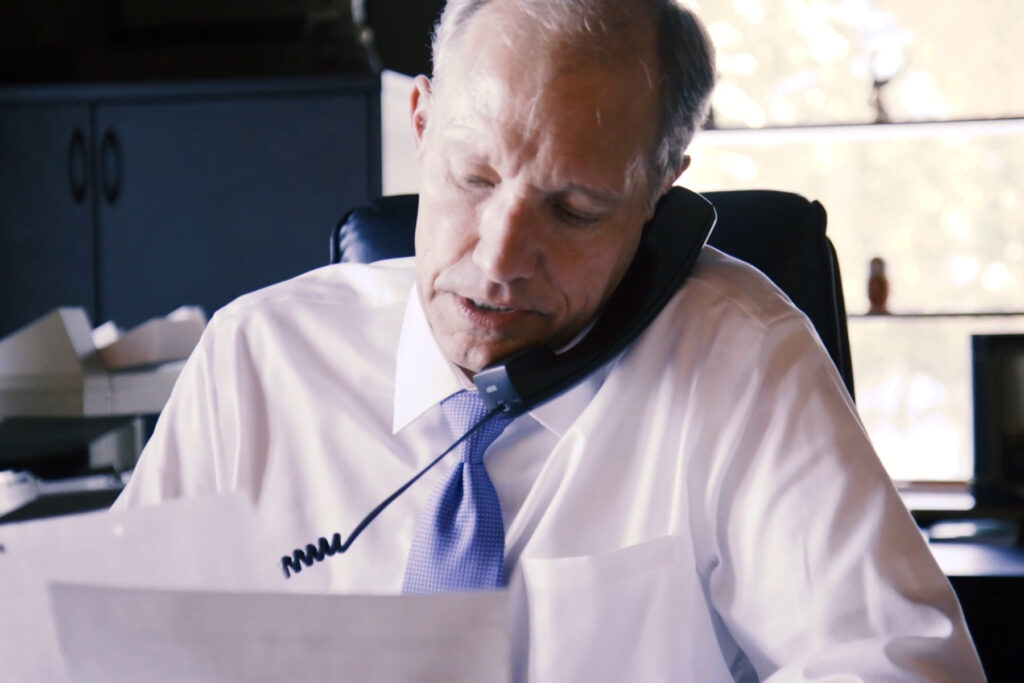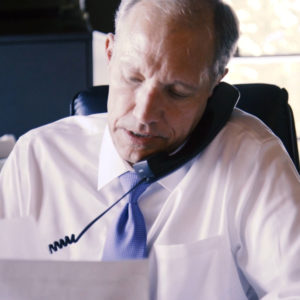
What to Expect in Felony Charges – The Legal Process
Arraignment
The first court appearance in a felony charge is called an arraignment, but it is often described more generally as a “first appearance”. The formal purpose of an arraignment is for the court to make sure you understand the charges and your constitutional rights to the presumption of innocence and a trial. The court will also decide if you will be required to post bail, and other conditions of release may be set that must be followed while the case is pending. The court also needs to determine whether you have an attorney or intend to represent yourself. If you cannot afford an attorney, a public defender may be appointed to represent you. Minnesota courts usually rely upon the federal poverty guidelines to evaluate eligibility for appointment of a public defender.
Omnibus Hearing
The next step in the felony process is an omnibus hearing. Between the arraignment and the omnibus hearing your attorney will obtain and review the police reports and other discovery to begin preparing your defense strategy. The omnibus hearing is normally the first opportunity to discuss with the prosecutor how to resolve the case. But if you plead not guilty or the case cannot otherwise be resolved, a judge will decide if there is enough probable cause for the case to proceed to trial, and if there is, a trial date will be set.
Many felony cases can be resolved through plea bargaining at the omnibus hearing stage, but often the court will order a presentence investigation and schedule the case for sentencing at a later date.
Contested Omnibus Hearing
If the defense strategy in a felony case involves formally challenging probable cause or asking the judge to suppress (throw out) illegally obtained evidence, your attorney may schedule a contested omnibus hearing and file a motion explaining the issues for a judge to decide before the case proceeds to trial. If the motion to suppress illegally obtained evidence is granted by the court, the charges may be dismissed without proceeding to trial.
Trial
At trial, the prosecutor has the burden to prove every element of the charged offense beyond a reasonable doubt. Felony cases are decided by a jury of 12 people, or you can waive the jury and have a judge decide the case. You have the right to present evidence at trial, but you are not obligated to present any evidence or witnesses at trial. If you are acquitted, the case is over, and you are free to go. If you are convicted of a felony, the case will proceed to sentencing. The trial judge has the option to take a person into custody upon conviction of a felony offense or allow the person to remain out on bail or their personal recognizance while they wait to be sentenced.
Sentencing
When a person pleads guilty or is found guilty of a felony, the court will normally order a pre-sentence investigation (PSI). The PSI process is handled by the probation department, and it usually takes around 8 weeks. The PSI report reviews the facts of the charged offense, the defendant’s version of events, the person’s criminal history, some detail about how the offense impacted the victim, whether there is any claim for restitution, and the convicted person’s life story and any potential treatment needs or special conditions of probation that may be required. Probation then makes a sentencing recommendation to the court. At sentencing, the prosecutor and defense are also allowed to make sentencing arguments. The court will also invite the defendant to exercise his or her right of allocution, which means the person is allowed to speak to the judge before the sentence is decided.
If a felony case was resolved with a specific plea bargain, the role of the sentencing judge is to determine whether to accept or reject the plea bargain, but normally the sentencing judge cannot change the deal.
This is the standard process for felony cases, but each case is unique so there may be important strategy reasons to take a different approach and additional hearings may be scheduled at the request of either party.
If you would like to discuss how to handle a pending felony charge, I welcome you to contact me. Remember, when you make the decision to work with me, the prosecutor and the judge have to go through me to get to you, and I’ve been doing this for over 30 years. Let me know how I can help.
Facing Criminal Charges?
 If you or someone you know needs advice about how to handle a felony charge in Minnesota, please contact me to get you the help you need. I understand the seriousness of criminal charges, and how they can affect your life. I can help. If you make the decision to work with me I will take good care of you and be with you every step of the way.
If you or someone you know needs advice about how to handle a felony charge in Minnesota, please contact me to get you the help you need. I understand the seriousness of criminal charges, and how they can affect your life. I can help. If you make the decision to work with me I will take good care of you and be with you every step of the way.
As an experienced Minnesota criminal defense attorney, Bill Sherry understands that legal problems don’t always happen during ordinary office hours. If you are facing a legal problem and need to talk with a lawyer right now, call Bill Sherry at 952-423-8423 for a free consultation.
